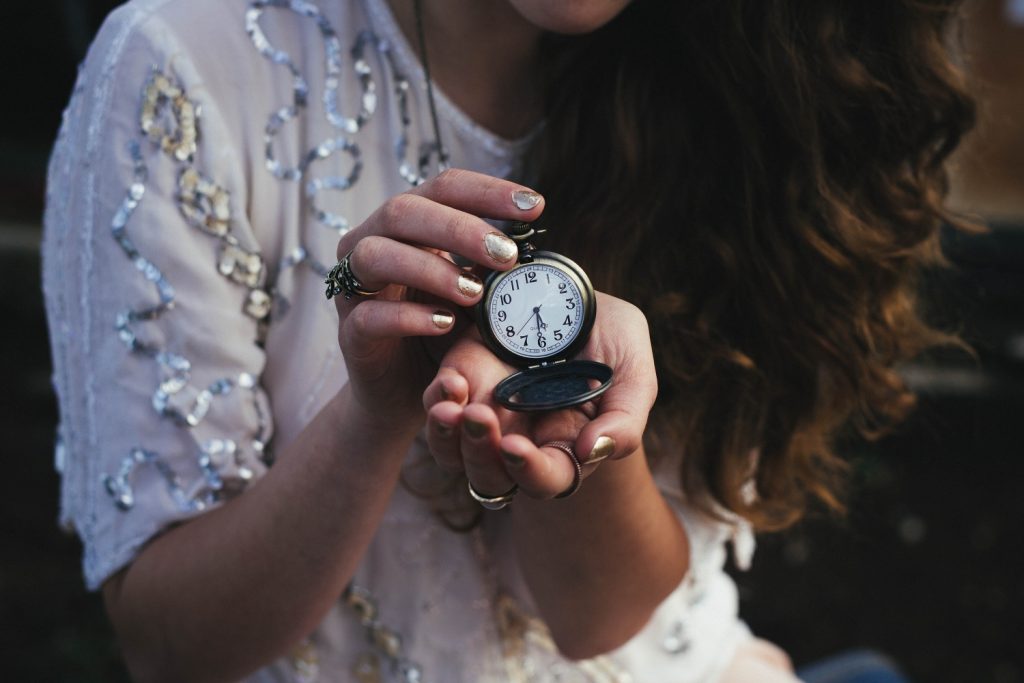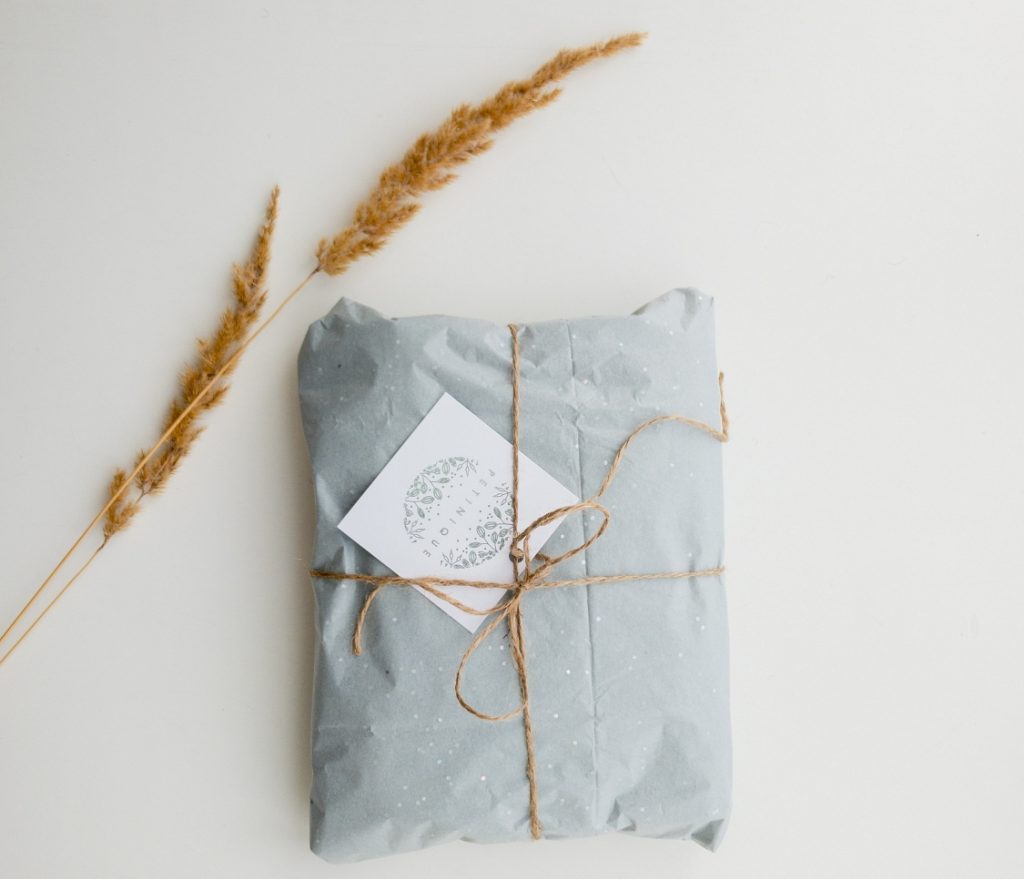Decluttering is often the first step before organizing can take place. If you have excess, duplicates, broken things, or things you don’t really use or like then there’s no use organizing them! To aid your decluttering journey, here are 11 decluttering questions to ask yourself to help determine what stays and what goes.
1. Have I used it in the last year?
I like a 1 year duration on this question because you’ll make it through each season and multiple events (summer wedding, winter ski season, etc). If you haven’t used something in a full year, consider getting rid of it.
2. Is it sentimental?



This is a tough category, and know that you can keep sentimental things that hold great importance to you. Noone can tell you otherwise. However, it’s also helpful to remember that the joy is in the memory, not the actual thing itself. So, it’s also ok (and freeing) to let go of things in this category as well. Check out my blog about sentimental items here.
3. Would I purchase it again?
Sometimes we keep things just because. Because at one time we liked it. Because at one time we used it. Because we’re used to it and just don’t question it. But, when you ask yourself if you’d actually spend money on purchasing it again, you’ll hone in on the value (or lack thereof) that the item holds for you.
4. Is it a duplicate?
Only when we pull everything out of a space and observe what we have do we realize what we have. It’s common to discover duplicates of things like tools, scissors, craft supplies, and cords. Determine how many you need of a particular item. Yes, duplicates can be handy sometimes (ie a phone charger in a bedroom and in the kitchen for example). But, more often than not, multiples of things stored in different places throughout the home makes it harder instead of easier to find things.



5. Does it have a home?
Where is the one place this item belongs? If it’s something that you want to keep, then find it a home. This makes it easier for you to find what you’re looking for and prevent re-purchasing things you didn’t realize you already own.
6. How do I feel when I see it?
Go with your gut on this one. If something puts a smile on your face, is useful and treasured, it’s probably in contention to be a keeper. If, on the other hand, you feel neutral, or even heavy or sad, you’ll likely feel that weight released if you part with it.
7. Was it a gift?
We tend to hold onto things more fiercely if they were gifts. We don’t want to hurt anyone’s feelings. But, the person who gifted it wanted to make you happy. They wouldn’t truly want you to hang onto something that no longer serves you. It is possible to be truly grateful for something, the thought behind it, the person who gifted it, and still let it go.



8. Do I have room for it?
This is key! I’m a huge proponent of letting your available space be your parameters for how much to keep. Having too much stuff for your space makes it hard to see what you have, hard to stay organized, and contributes to an overall sense of overwhelm and clutter.
There’s a way to reframe this to be positive, too. Instead of lamenting that you need to get rid of one of your 4 (fill in the blanks), you can look at the same scenario in a glass half full way by saying “This container looks like it can accommodate 3 of my 4 (fill in the blanks). That should be enough!”
9. Was it expensive?
This is a question similar to “Was it a gift?” There’s a strong pull to keep items that we or someone else paid good money for. And, in some cases, that makes sense – if it’s something we really do intend to use again (be realistic here!), but wouldn’t want to pay full price for again.
10. Is it easily replaceable?
Knowing that you can relatively easily obtain your item again, if need be, makes it easier to let go of.
11. Is it broken?
This seems almost too obvious to include, but we all are likely hanging onto something that doesn’t work. Commit to fixing it within the next week, or get rid of it.
Asking these 11 decluttering questions will help you pare down to what is useful, in good condition, and what you really love. The space you free up with a decluttering exercise will undoubtedly contribute to freed up mental space as well. Give it a try!

